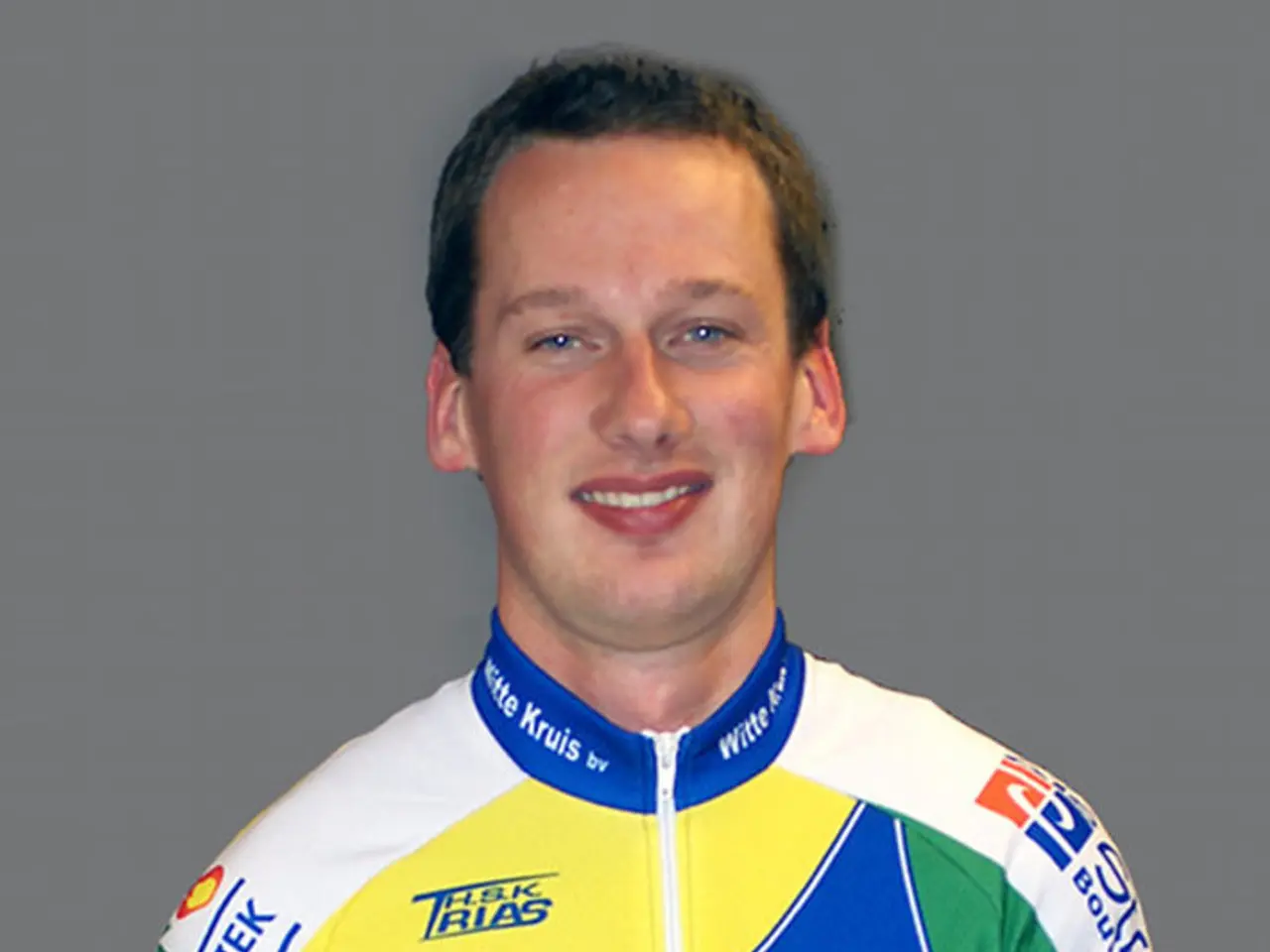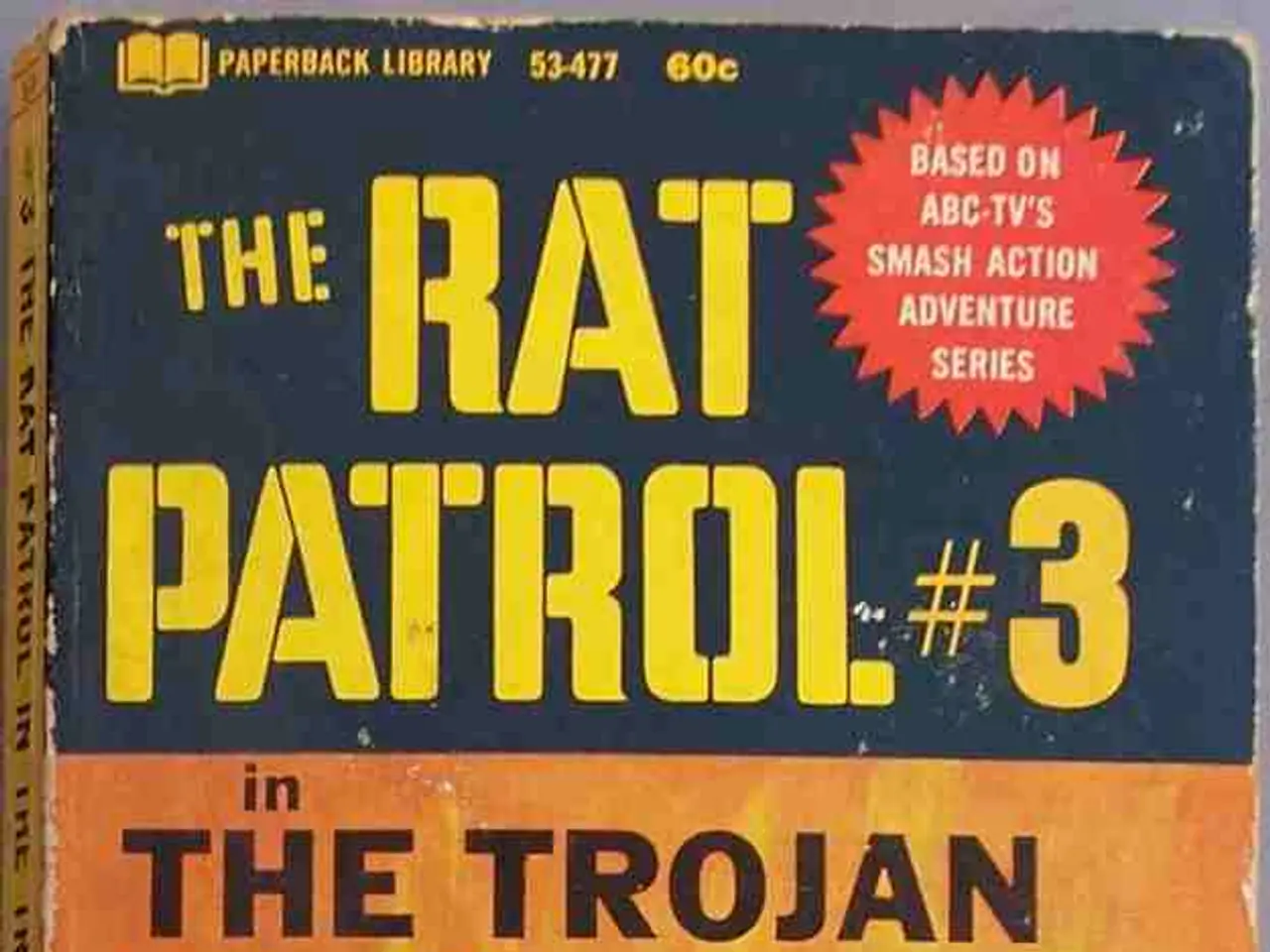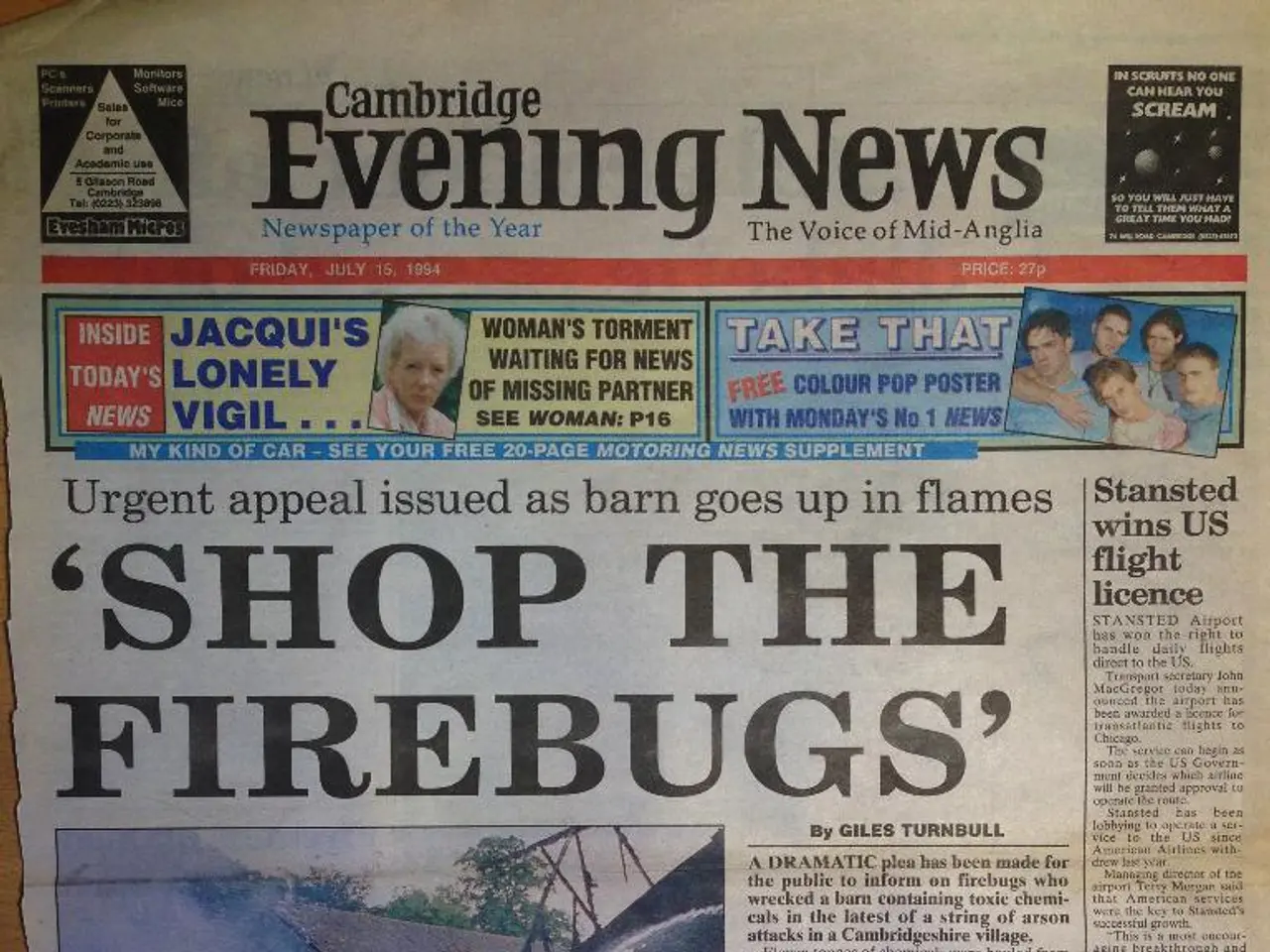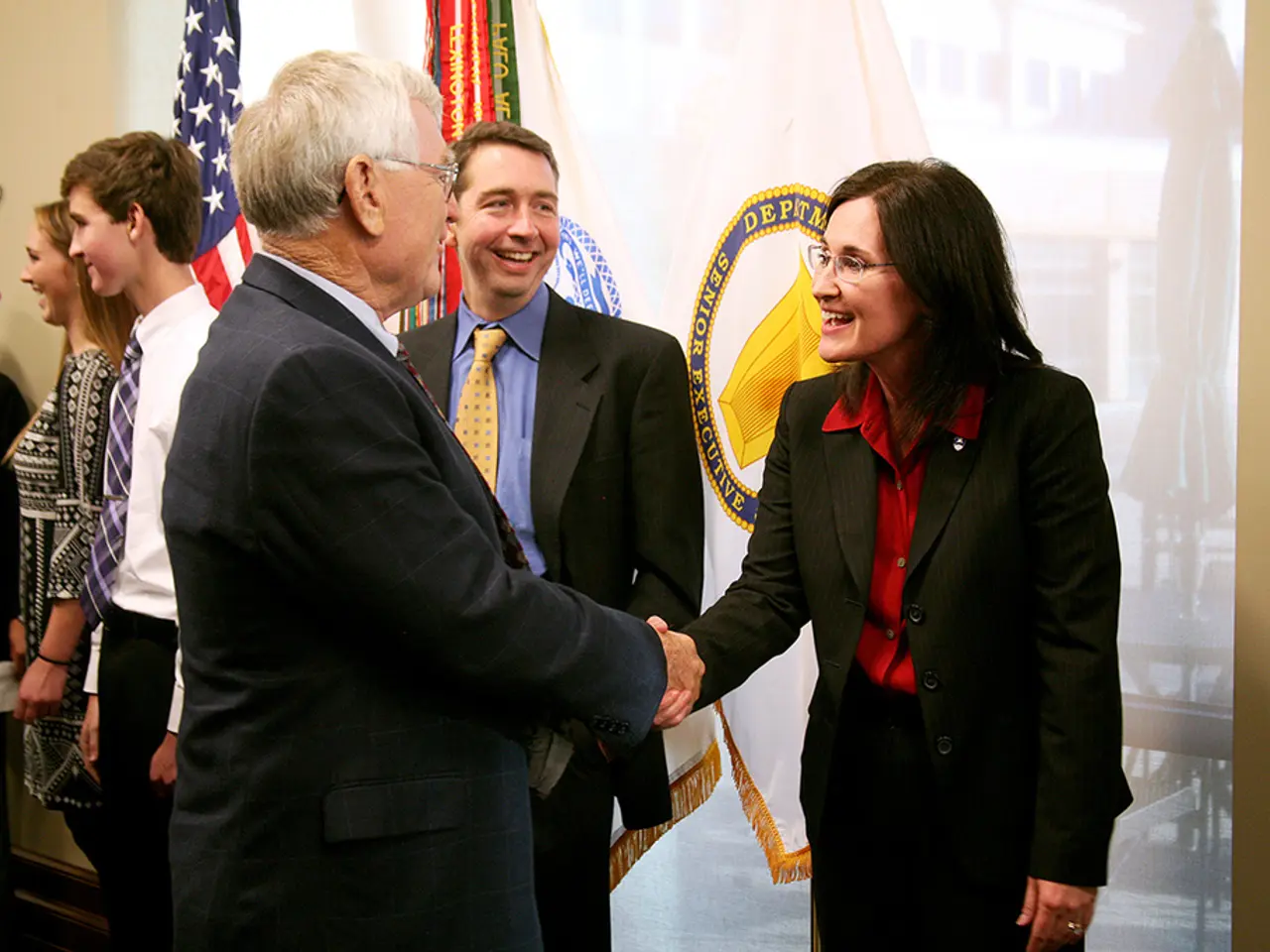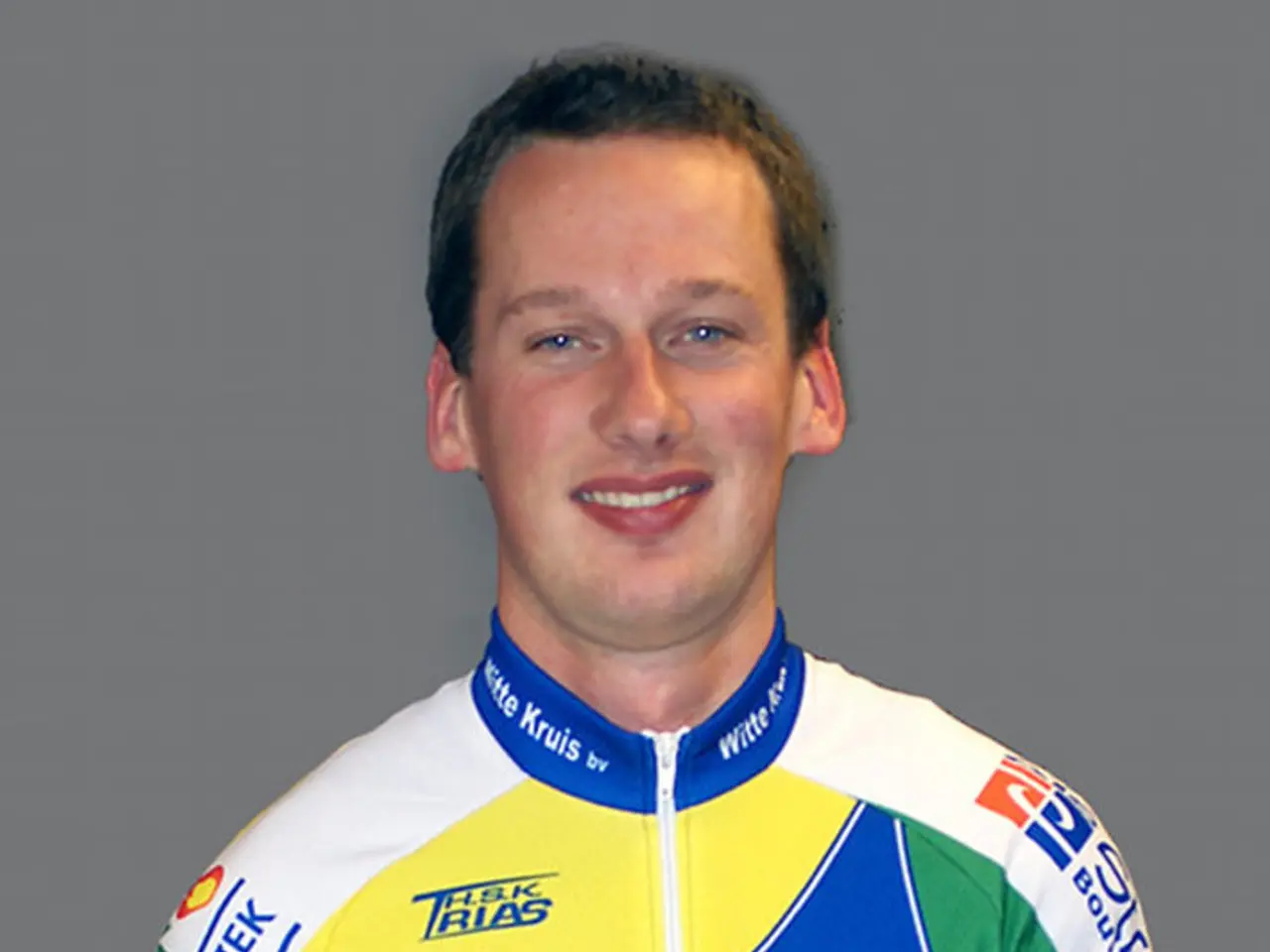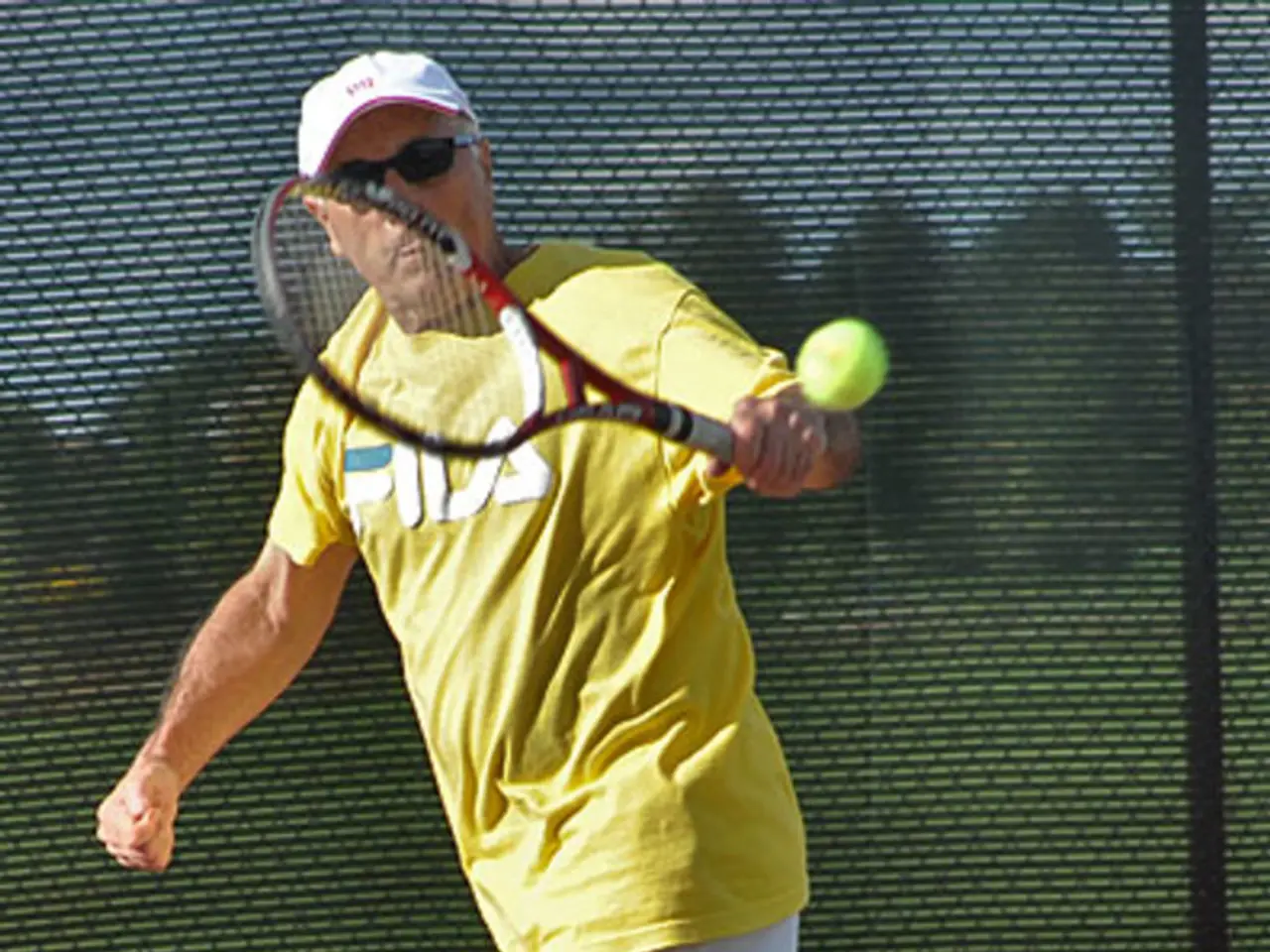Sports Betting Faces Criticism from NPR, Highlighting Insufficient Support for Problem Gamblers
In the rapidly growing sports betting industry, concerns about the lack of support for problem gamblers have come to the forefront. The American Gaming Association (AGA) has taken steps to address this issue with their responsible sports betting program, "Have A Game Plan." However, experts and advocates argue that federal funding is crucial to provide comprehensive, nationwide assistance.
Recent reports from National Public Radio (NPR) have criticised the sports betting industry, stating that it is built on a business model based on addiction. This criticism has sparked a debate, with many Republicans feeling that NPR is biased. In response, the GOP-controlled Congress is considering cutting or abolishing government funding for NPR and PBS.
Katherine Maher, NPR's President, testified that NPR provides critical, unbiased news to millions of Americans during a hearing before the Committee on Oversight & Government Reform. Maher also stated that NPR is a non-biased organization. However, in the past, NPR has come under fire for coverage mistakes, including dismissing the Hunter Biden laptop controversy as a "non-story."
Despite this, the focus remains on the need for adequate support for problem sports bettors. Every state where sports betting is legal requires sportsbook operators to include responsible gaming messaging and promote help resources. The AGA contributes around $130 million a year for problem gambling services, prevention, and treatment. Roughly $100 million in casino gaming taxes is set aside annually for problem gambling services, but this still falls short of meeting the demand.
Mental health experts and the National Council on Problem Gambling (NCPG) believe that federal funding is needed to adequately assist problem sports bettors. Cait Huble, a spokesperson for the NCPG, stated that gambling addiction is several decades behind in terms of public opinion and recognition as a mental health condition. Les Bernal, from the advocacy group Stop Predatory Gambling, declared that there is no revenue in the sports betting industry without the addicted gambler.
The NCPG highlights the importance of peer support programs in helping gamblers, but notes the need for federal funding to grow these programs effectively. State initiatives like Nebraska’s new 5 percent tax on “skill games” are examples where gaming revenues are earmarked for compulsive gambling programs, but these efforts are localized and relatively recent. This suggests that federal funding could provide a more uniform and substantial support framework nationwide.
In conclusion, while the gaming industry generates substantial revenue, current evidence implies that federal funding is necessary to adequately support problem sports bettors across the U.S., as industry contributions and state-level initiatives do not yet provide comprehensive, nationwide assistance. Federal involvement can ensure consistent funding, expansion of treatment and prevention programs, and effective oversight beyond the scope of industry self-regulation.
For those seeking help with gambling addiction, the National Problem Gambling Helpline (1-800-GAMBLER) is a resource available 24/7, 365 days a year. Callers are automatically redirected to their state resource agency where counselors are available to provide assistance.
- The American Gaming Association (AGA) has taken steps to address the issue of problem gambling in the sports betting industry with their responsible sports betting program, "Have A Game Plan," while mental health experts and the National Council on Problem Gambling (NCPG) believe that federal funding is needed to adequately assist problem sports bettors.
- Despite industry contributions and state-level initiatives, recent reports from National Public Radio (NPR) have criticized the sports betting industry, stating that it is built on a business model based on addiction, and experts argue that federal funding is crucial to provide comprehensive, nationwide assistance.
- Cait Huble, a spokesperson for the NCPG, stated that gambling addiction is several decades behind in terms of public opinion and recognition as a mental health condition, and the importance of peer support programs in helping gamblers is highlighted.
- Every state where sports betting is legal requires sportsbook operators to include responsible gaming messaging and promote help resources, but federal funding could provide a more uniform and substantial support framework nationwide.
- The GOP-controlled Congress is considering cutting or abolishing government funding for NPR and PBS, following criticism of NPR's coverage, but Katherine Maher, NPR's President, testified that NPR provides critical, unbiased news to millions of Americans.
- Les Bernal, from the advocacy group Stop Predatory Gambling, declared that there is no revenue in the sports betting industry without the addicted gambler, raising concerns about the industry's business model and the need for increased support for problem gamblers.
